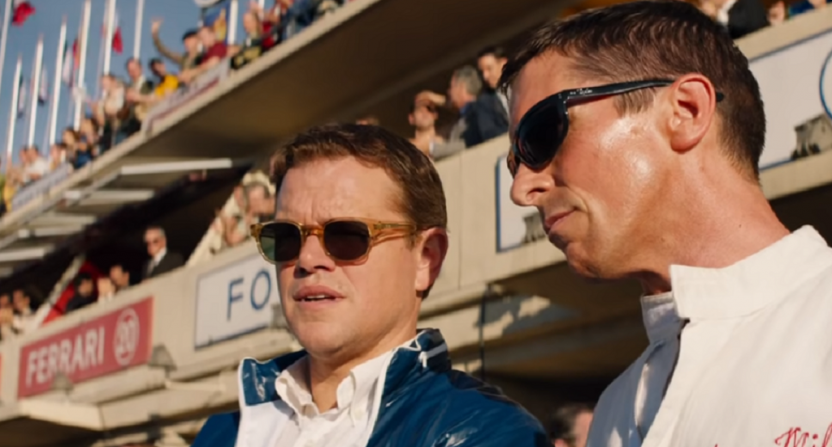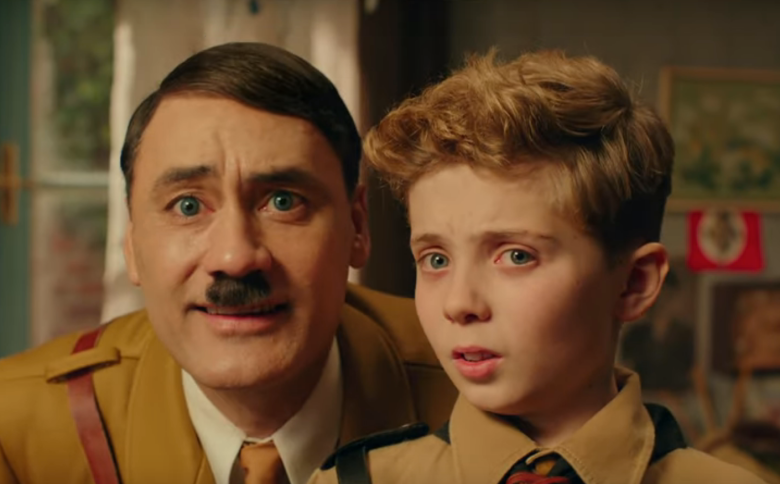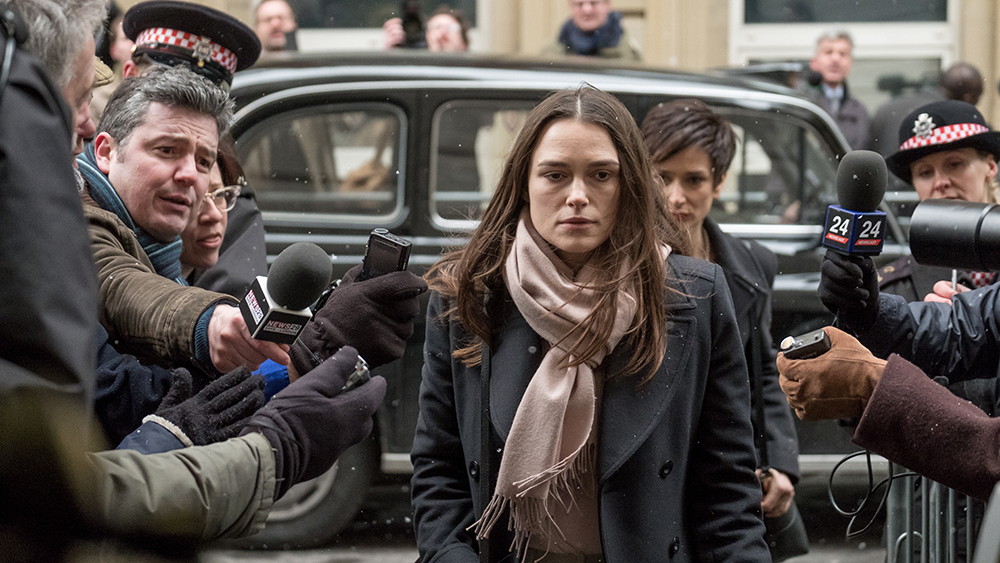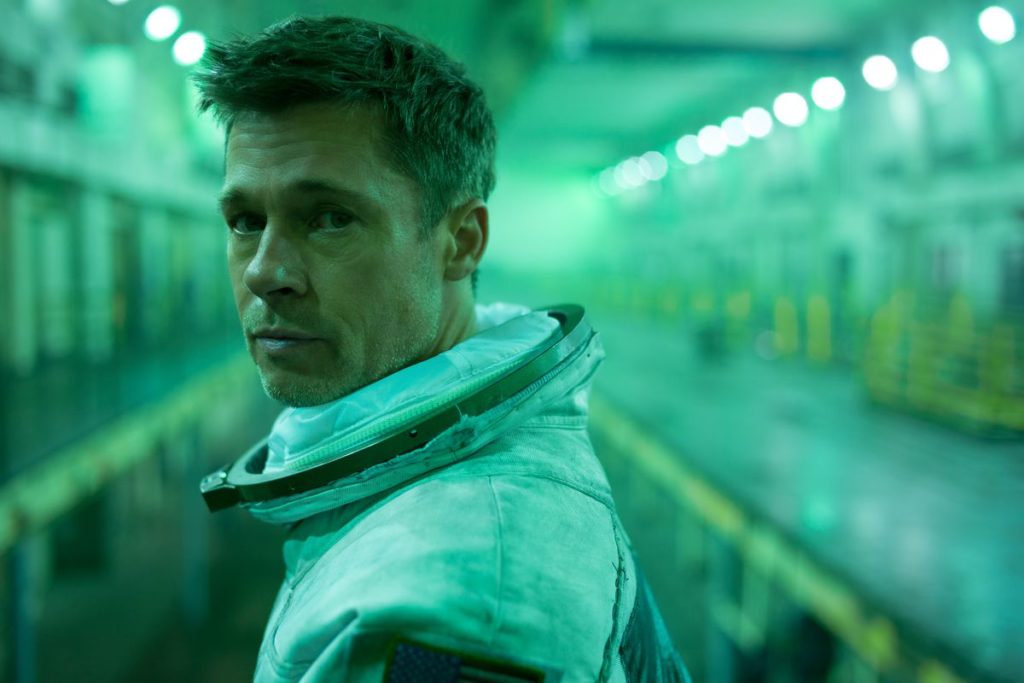The Irishman: And I Think It’s Gonna Be a Long, Long Crime
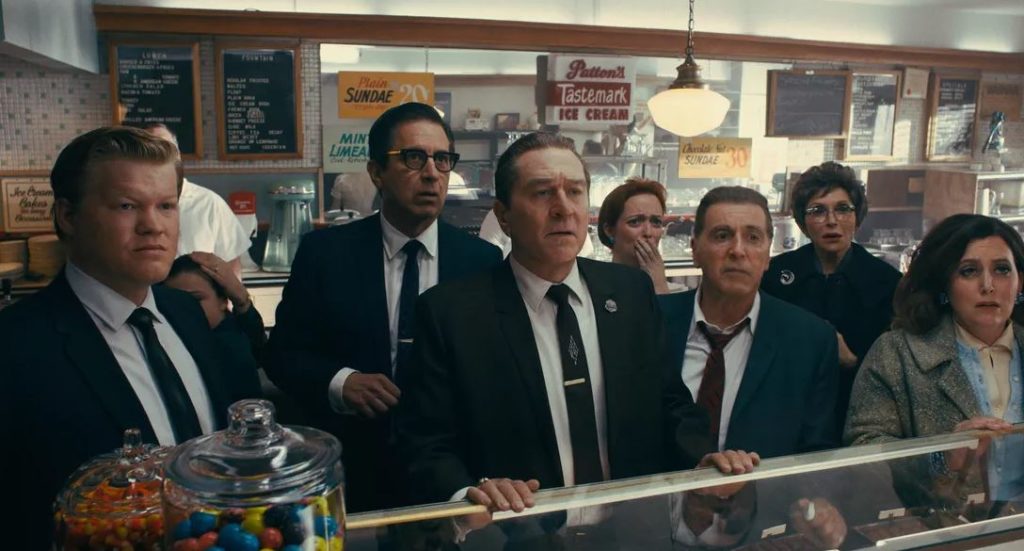
In one of the most memorable scenes in Goodfellas, Joe Pesci’s character triumphantly arrives for a celebration in his honor, only to realize that he’s just walked into his own death. It’s a devastating rug-pull that presages the film’s slow bend from buoyant mafioso hangout joint to brittle human tragedy. The Irishman, Martin Scorsese’s sweeping, lurching, ultimately moving new crime epic, is a bit like that scene writ large, but framed from a different perspective. It’s about the triggerman in that cold and empty room, and the paralyzing loneliness he suffers. Rather than focusing on the cathartic thrill of violence, this sprawling movie draws its power from aftermath—from what happens after the bullets leave the gun and the bodies hit the floor.
A solemn study of aging (and de-aging!), The Irishman announces itself as a monumental work, both in terms of its grand scope (Netflix’s tagline: “A lot can happen in a lifetime”) and its much-publicized 210-minute running time. Ambition is nothing new for Scorsese, and neither are gangsters. But while its bildungsroman arc and its fan-favorite cast inevitably recall Goodfellas and Casino, the director isn’t repeating himself here; instead, he’s reflecting. If anything, the mob movie that The Irishman most evokes is The Godfather Part II, given the way it refracts a career of savagery and crime through a prism of melancholy and loss. Read More

